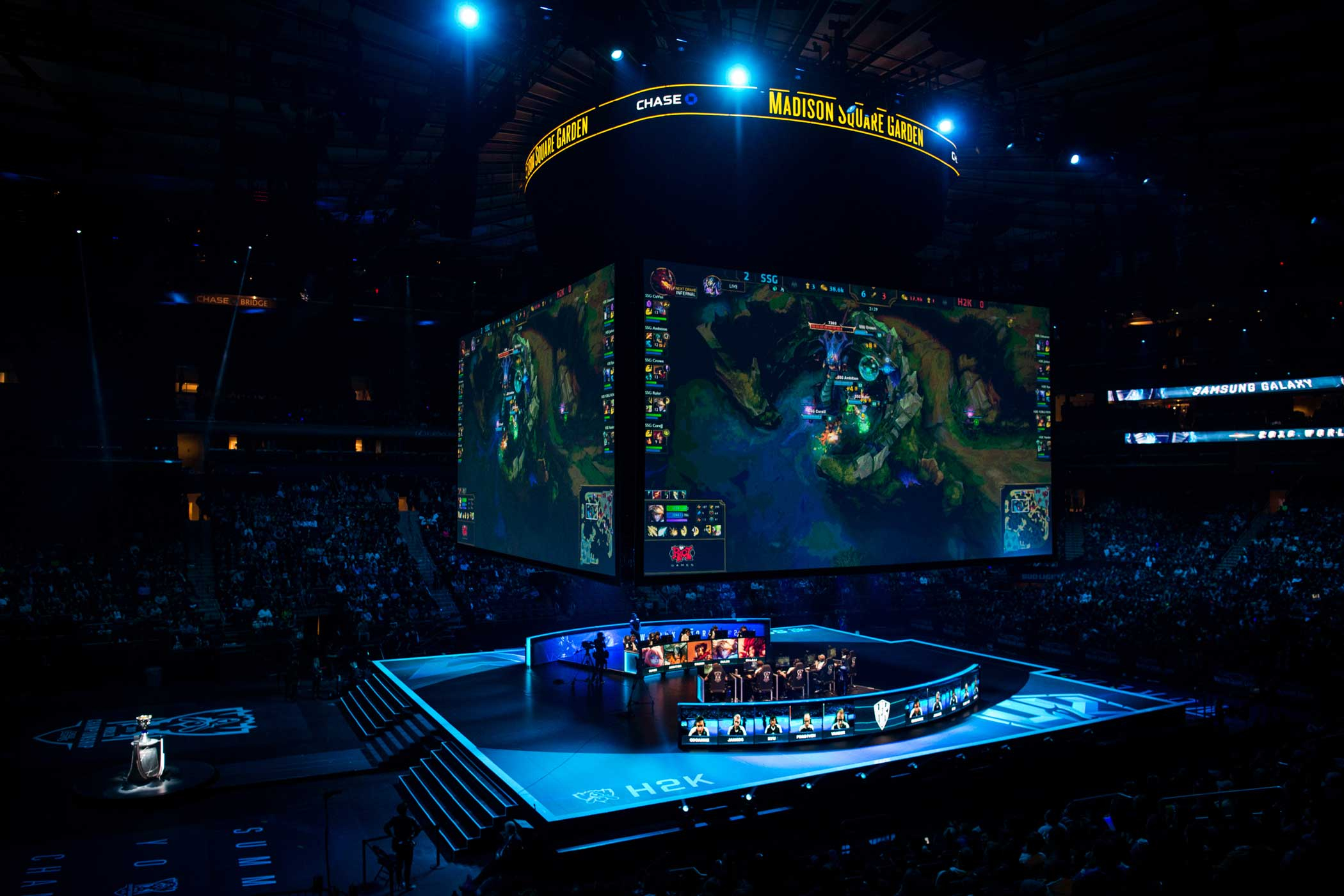
Madison Square Garden, in the center of New York City, bills itself as “the world’s most famous arena.” And for good reason: It’s where Frazier beat Ali, Marilyn Monroe sang happy birthday to John Kennedy, and Wayne Gretzky laced up his skates for the last time. As a New York sports fan, I’ve been going there my entire life, mostly for hockey and basketball games. But this past weekend I experienced something there unlike anything I’ve seen before.
I was at the Garden for the second night of the semifinal round of the League of Legends 2016 World Championships, among the premier events in the competitive gaming, or e-sports, world. Sixteen teams from around the world competed in the tournament, with four making it to the semis in New York. More than 15,000 fans each night, both sellout crowds, spent anywhere between $57 and $75 to watch in person as their favorite teams and players duked it out in best-of-five matchups that could last hours on end. The players sat alongside their teammates in a row of throne-like chairs in front of souped-up computers. A massive jumbotron hung above for the crowd to watch. Their prize: A chance to continue on to the finals in Los Angeles, with a top prize of $1 million, split amongst the team. (TIME tagged along with European team H2K before and during the tournament, see those photos above.)
I went mostly out of curiosity. I’ve been a gamer my entire life and once, briefly dabbled in competitive play. But I’ve never been to one of these arena-scale tournaments in person. I could not have anticipated what I found—or felt.
When the teams and players were first introduced, the crowd went nuts, with a volume on par with a playoff hockey matchup. No surprise. It got quiet during slower moments, more like a weekend afternoon game at the beginning of the season. Also no surprise. But every big turn—kills, mostly—sent the place into a craze repeatedly. Even for a novice, it was impossible not to get carried away by the energy. I found myself cheering the players on as if I’d been following them their entire careers. (That’s normally a big no-no in the press box at pro sports games. Thankfully, nobody seemed to notice or care.)
Many video games are like romance languages: Once you master one, your knowledge can make it easier to understand another. But League of Legends is one of those rare titles that’s a universe all to itself. Called a “multiplayer online battle arena,” or MOBA, League is free to download and ties together elements from a wide range of genres, mostly role-playing and strategy. (The game’s creator, Riot Games, makes money when players purchase in-game gear.) Watching the tournament matches unfold felt like the first time I ever saw rugby. I vaguely understood what was happening, but only vaguely. Cheers would erupt for reasons I couldn’t fathom. I bugged a nearby fan, a former U.S. Marine named Rich Sheffer, to help guide me along. And he tried valiantly, as I got lost in showers of lingo like “jungler,” “meta,” and “lanes.” I felt like I was getting a glimpse of my future, stupefied by a game my kids adore that I’m just too old to understand.
“I was here last night,” said Sheffer, 30, who was on his first visit to New York City along with longtime gaming friends from Canada and Mexico. “The stress of the five games, there wasn’t a person in here who still had a voice after game three.”
After the first match, I took a walk around the arena to get a feel for the crowd. Many seemed to be high school- or college-aged. There were more men than women, but probably not as tilted a gender ratio as you might expect. The broader audience numbers are staggering: Nearly 10 million people every day visit Twitch, a popular game-streaming service Amazon acquired in 2014 for nearly $1 billion. Those numbers and demographics are drawing the attention of people like Scott O’Neil, CEO of the NBA’s Philadelphia 76ers. His organization recently bought and combined two e-sports teams, in a trailblazing move that drew attention in both the e-sports and “stick and ball” pro sports worlds.
“The space is growing like mad,” says O’Neil. He argues that e-sports has the potential to make far more money per fan than it’s currently pulling in. “It hasn’t been monetized, it has a huge audience, it’s fun, it’s a space we know,” he says.
E-sports doubters might wonder why anybody would watch other people playing video games, even if they’re the best players in the world. But there’s clearly a growing interest in doing so, as evidenced by those growth figures. Once you understand how a given game works, watching the world’s best players go at it isn’t that much different from watching anything on offer from the NFL, NBA or MLB. Skill is skill. And a crowd who’s enthusiasm is being fed by its display is just as enticing.
Another big advantage: E-sports leagues are born of the digital world, meaning they carry none of the television baggage of pro sports. That makes them far more accessible, especially for younger viewers. “The way we consume media is changing,” says O’Neil. “This is very consistent with the way millennials, the cord-cutters and the cord-nevers, are experiencing media.”
Where might the e-sports phenomenon go from here? Consulting firm Deloitte believes it will be a $500 million market this year, growing at an annual rate of 25%. Yet questions remain. Yes, big events are selling out massive arenas, but a larger number of events might dilute attendance. The biggest advertisers seem to be gaming firms rather than larger brands, like Coca-Cola or PepsiCo, whose interest would signal mainstream adoption. And the game creators’ relationships with leagues, teams and players can be fraught.
And yet, the e-sports movement is in early days. And it has one critical ingredient for success as a sports league: A growing, passionate and diverse audience. That seems reason enough to keep watching.
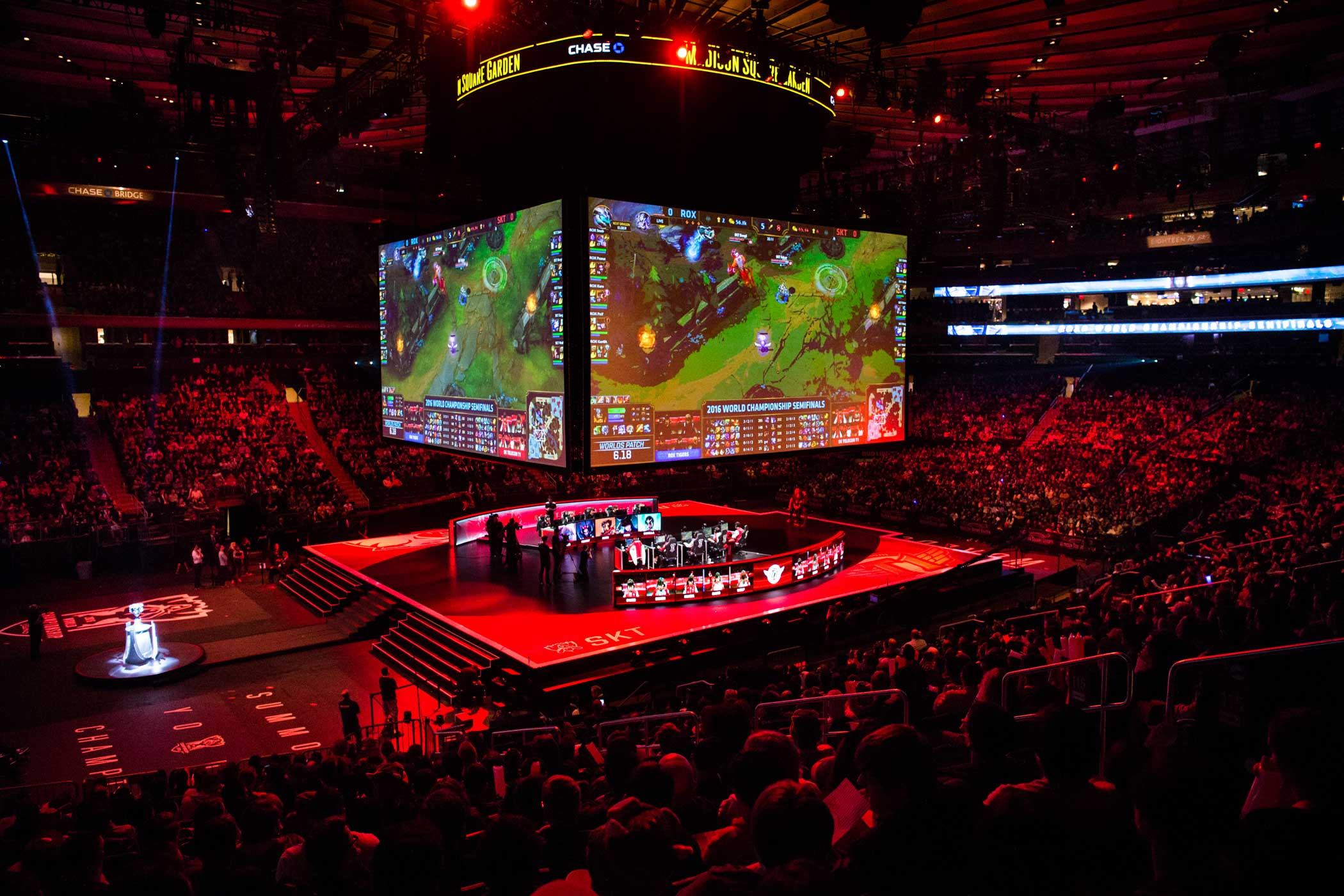
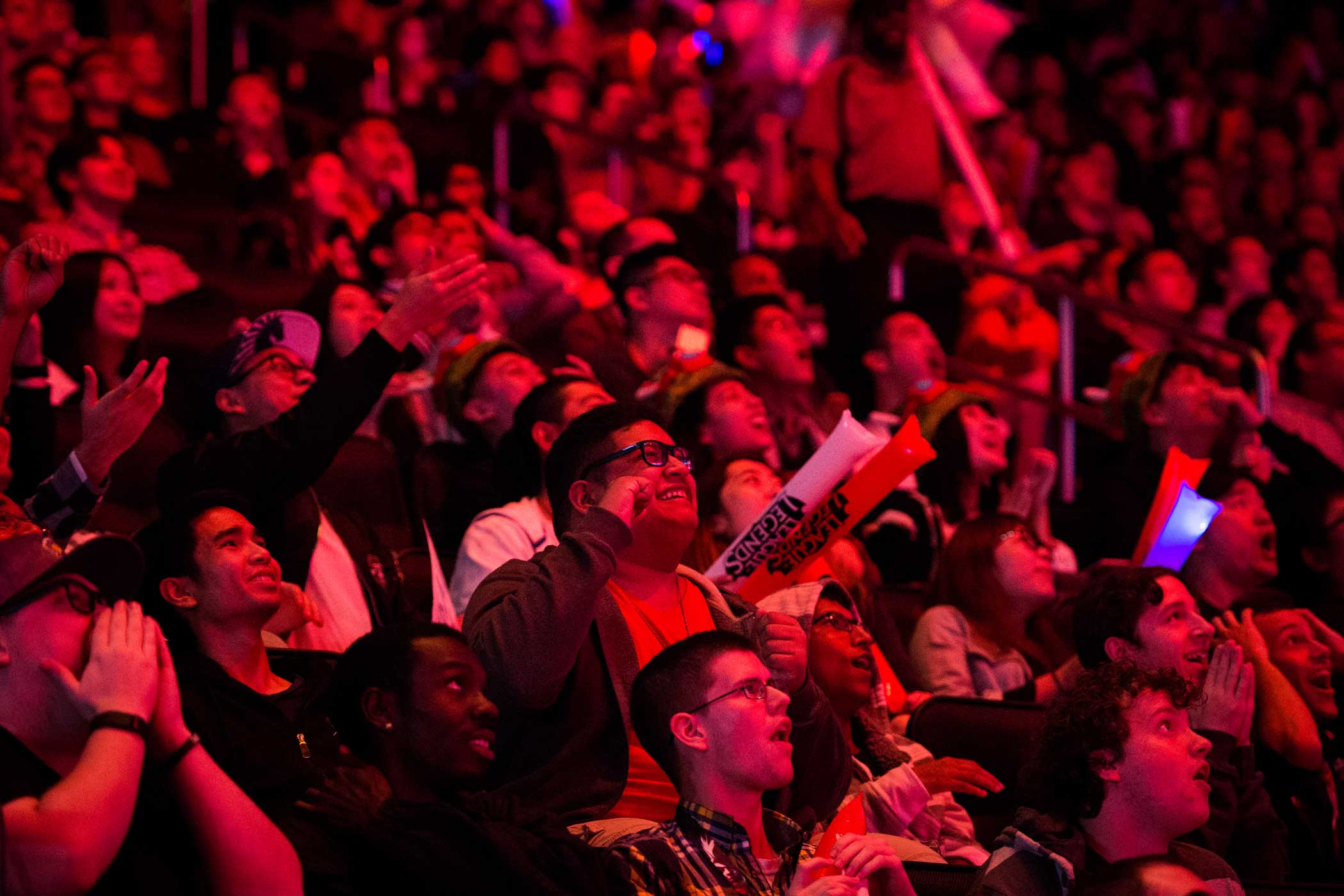
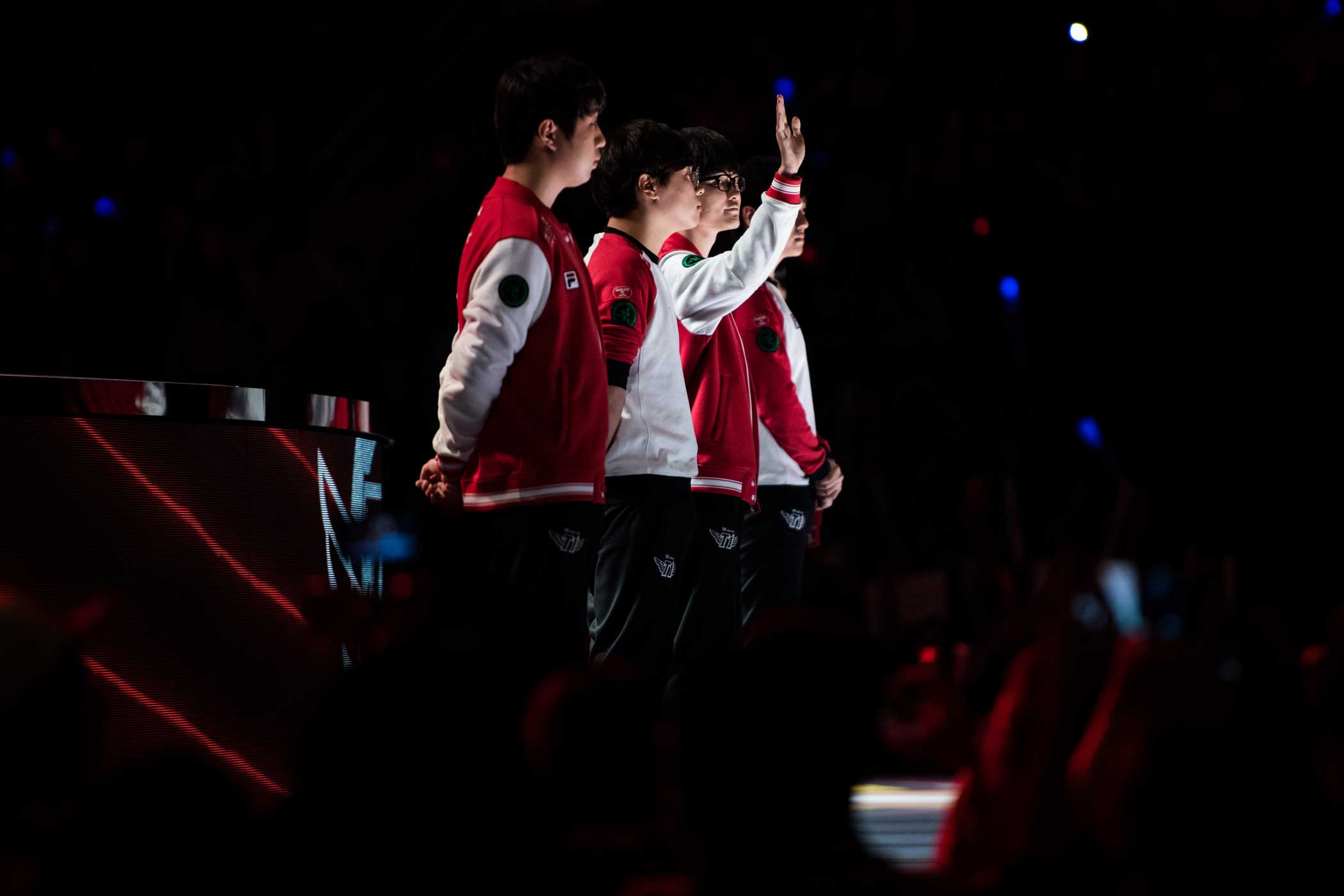
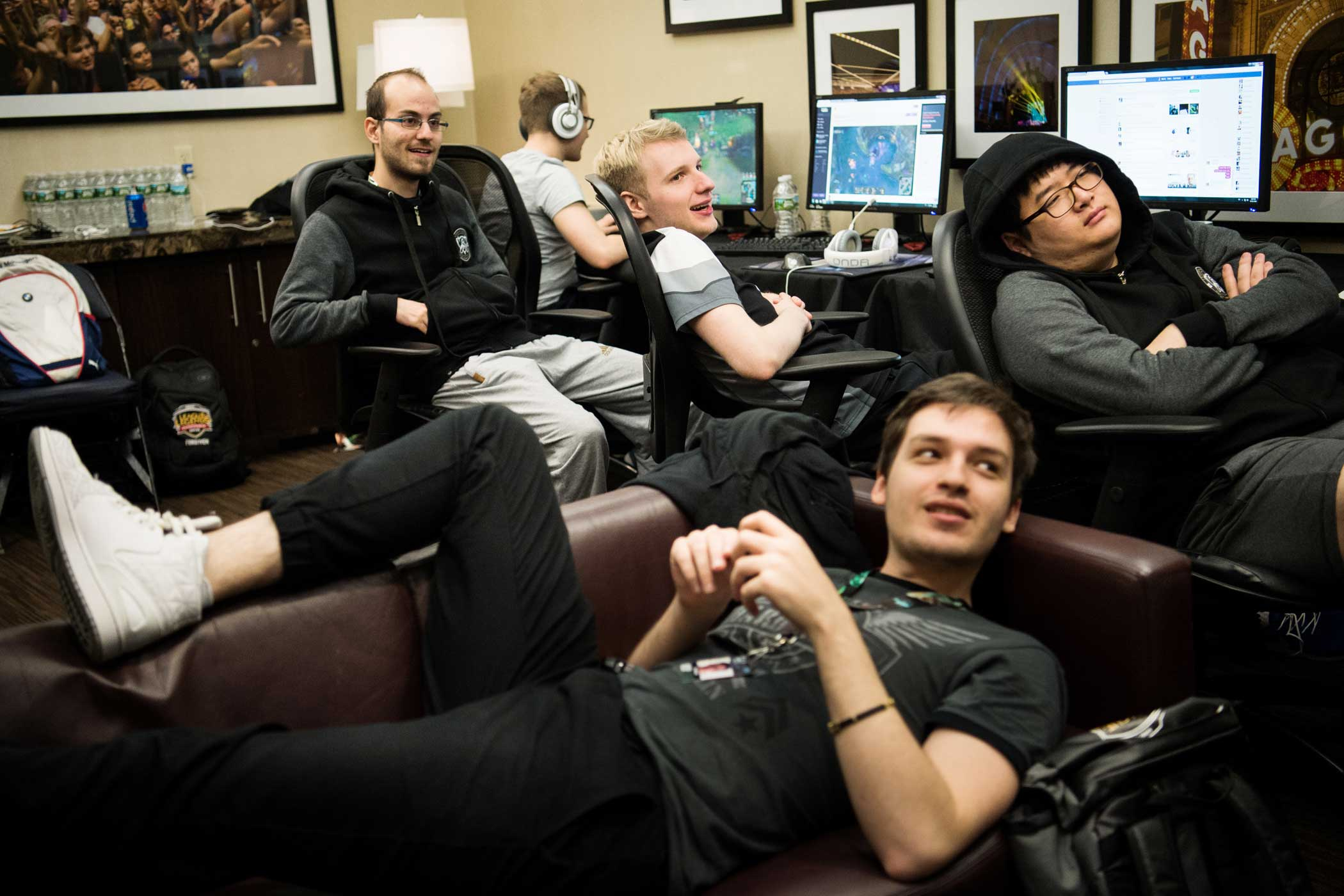
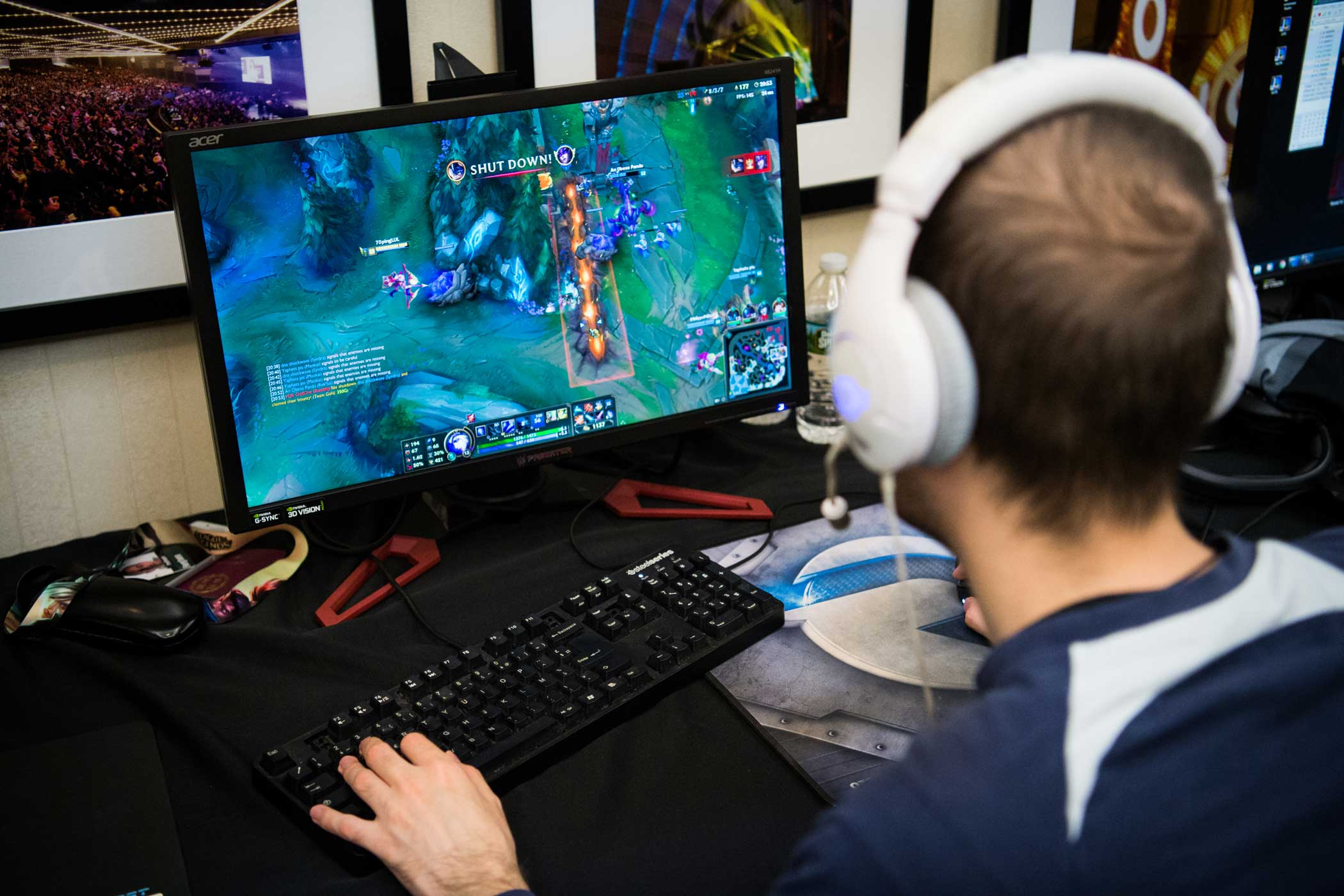
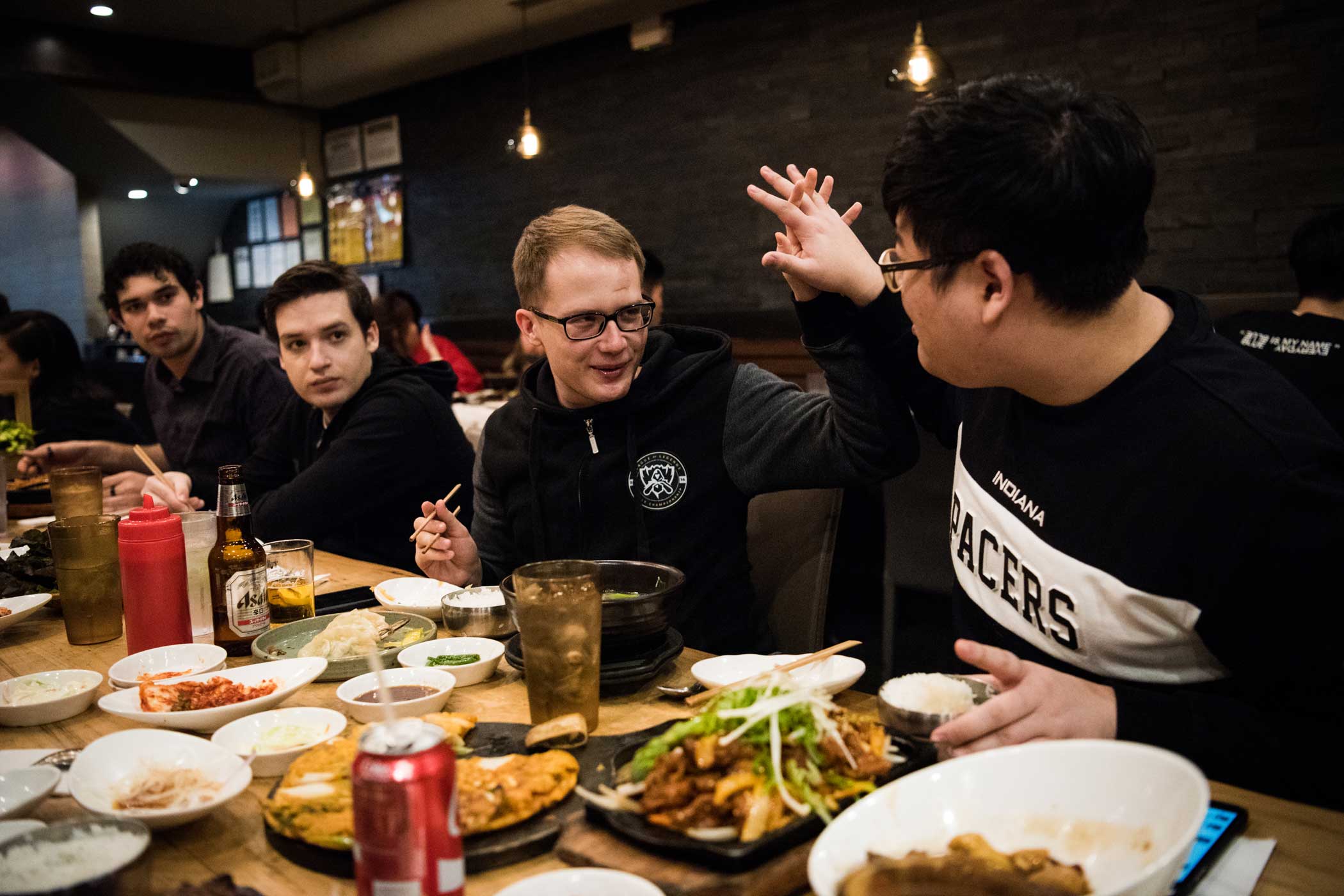
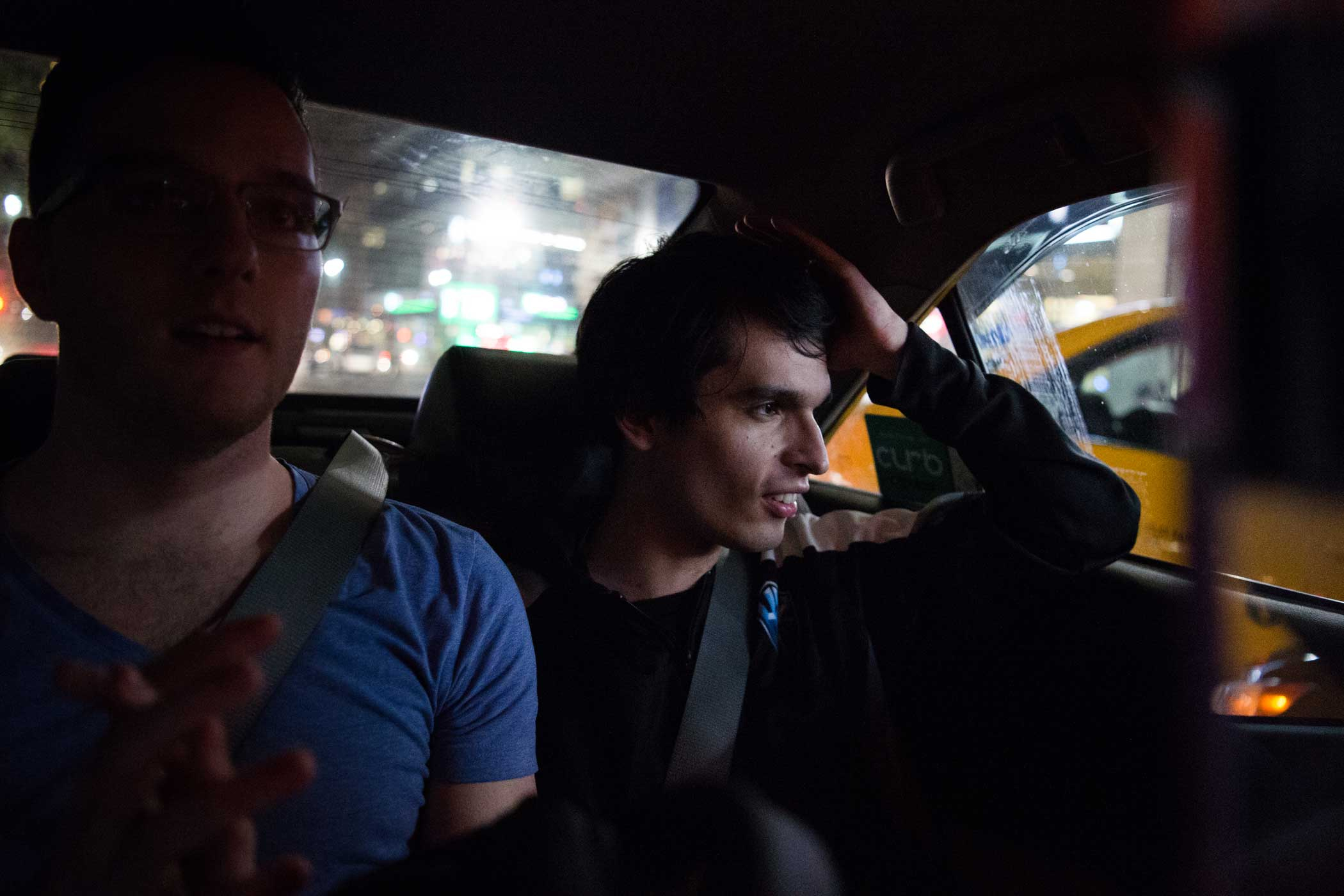
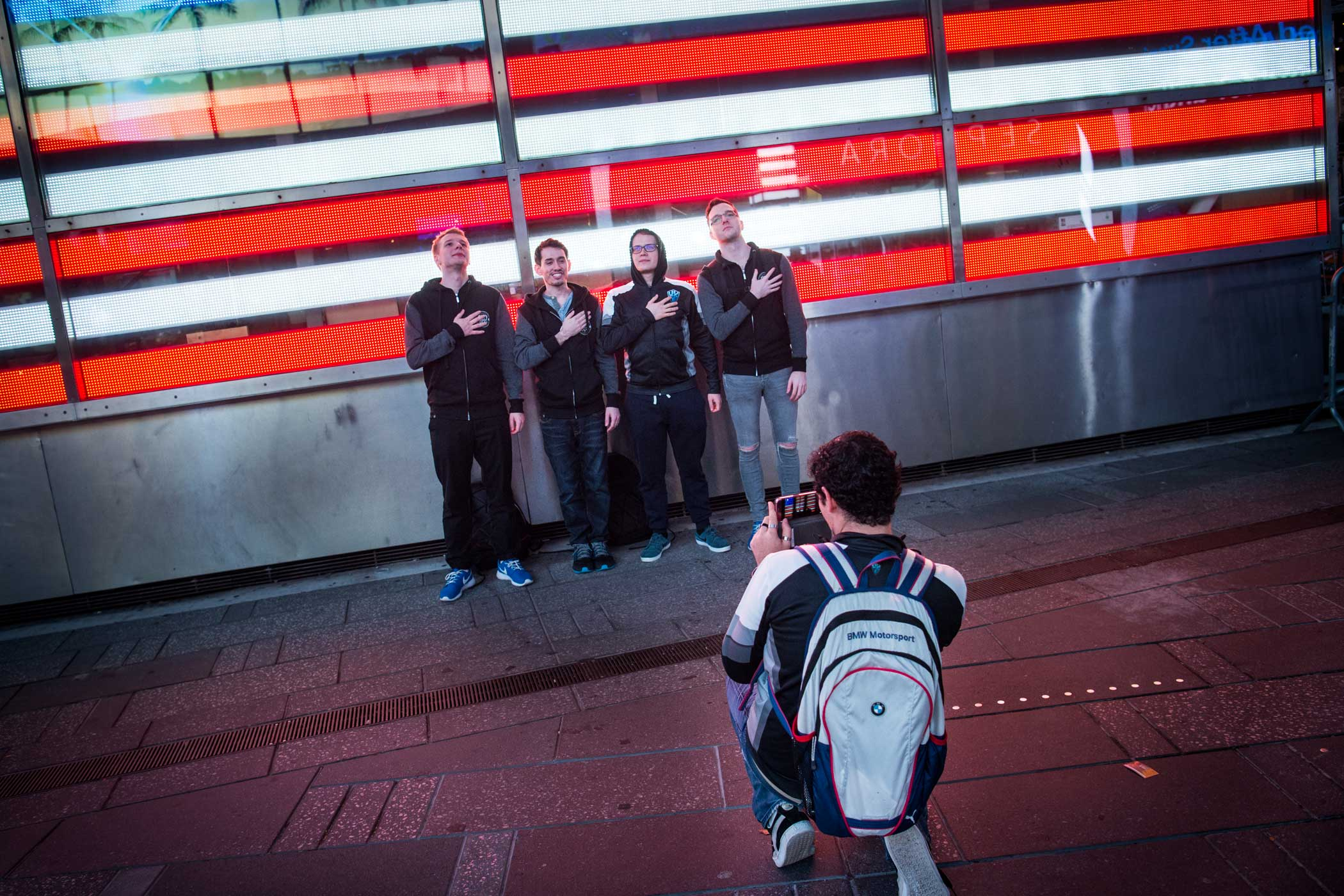
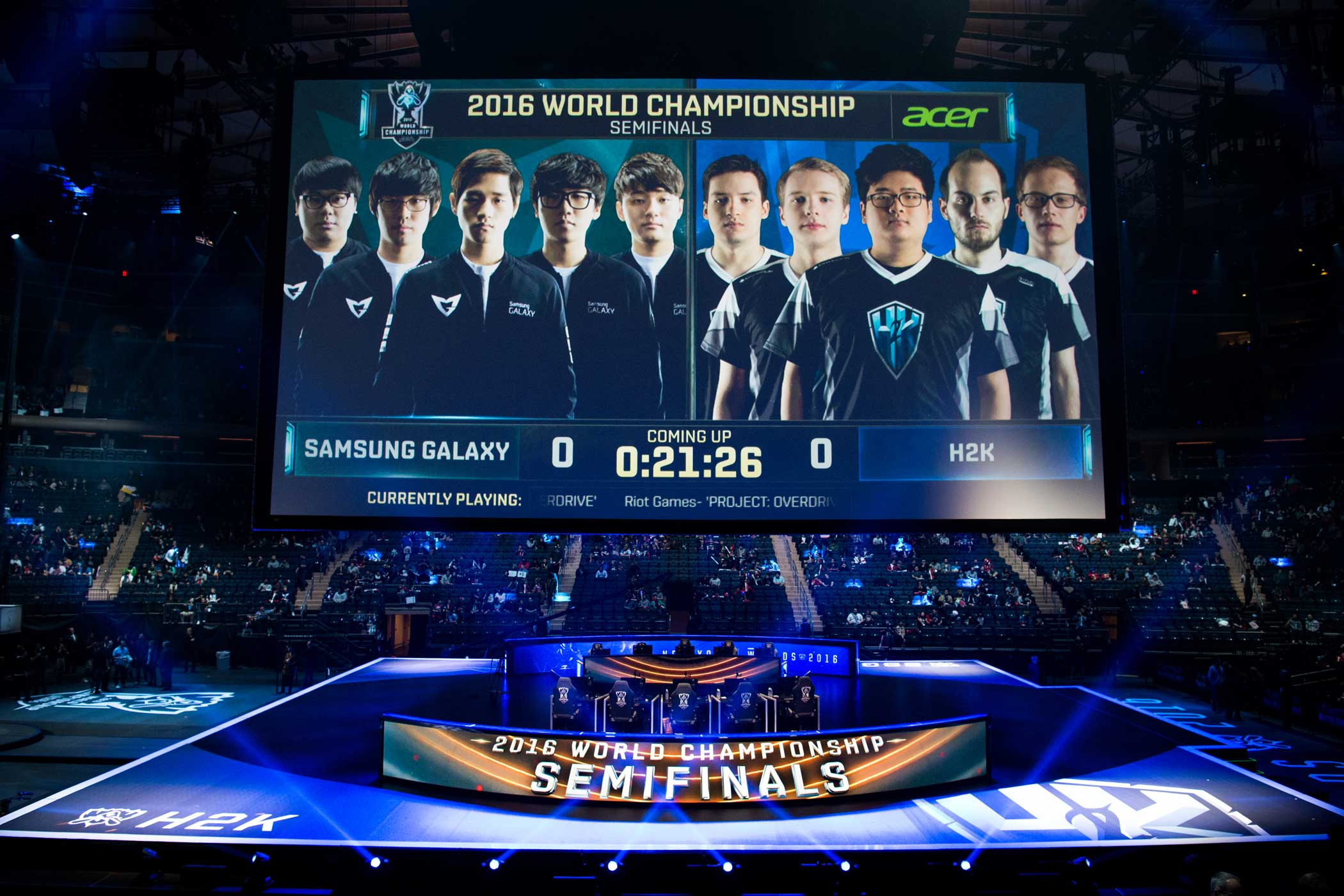
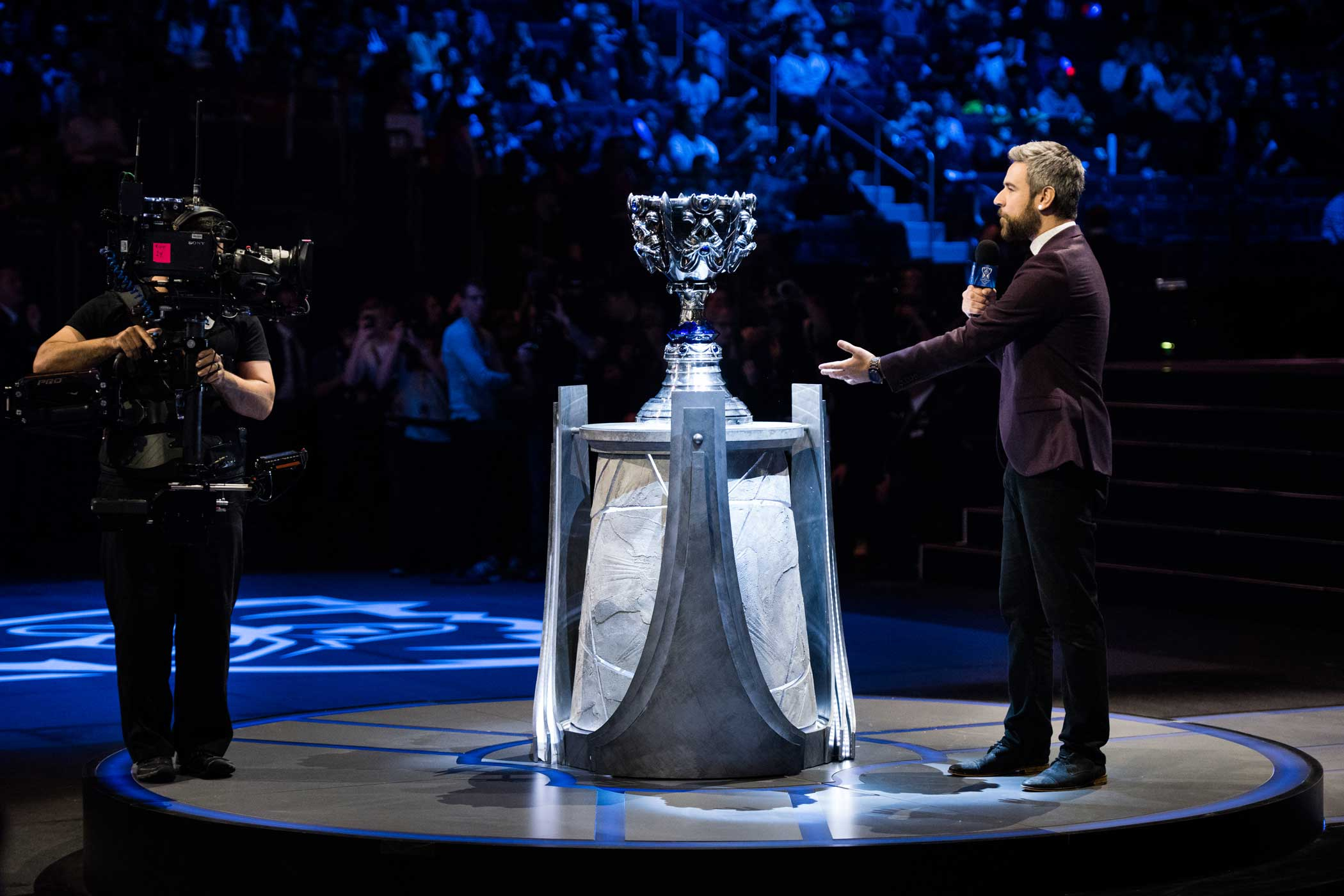
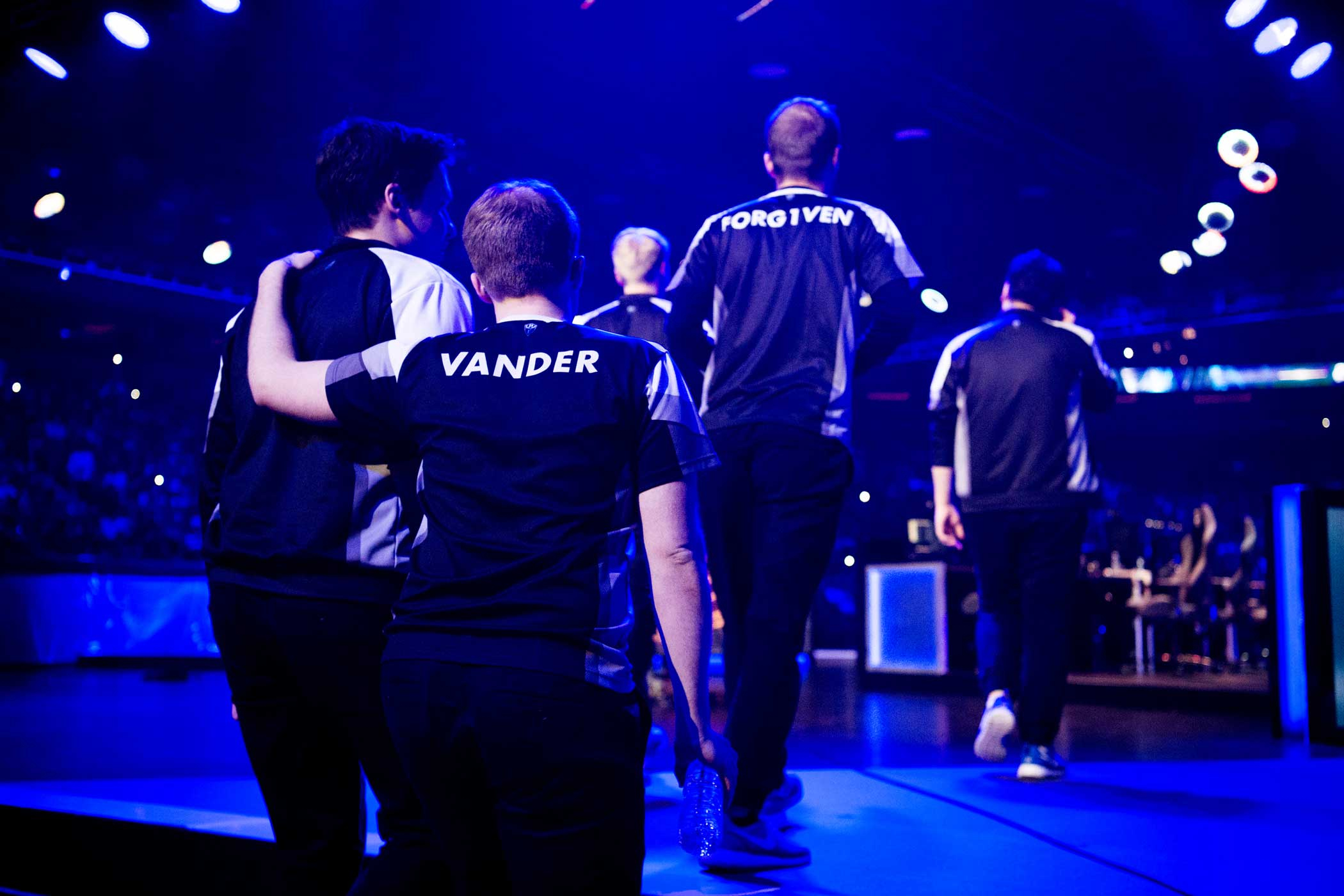
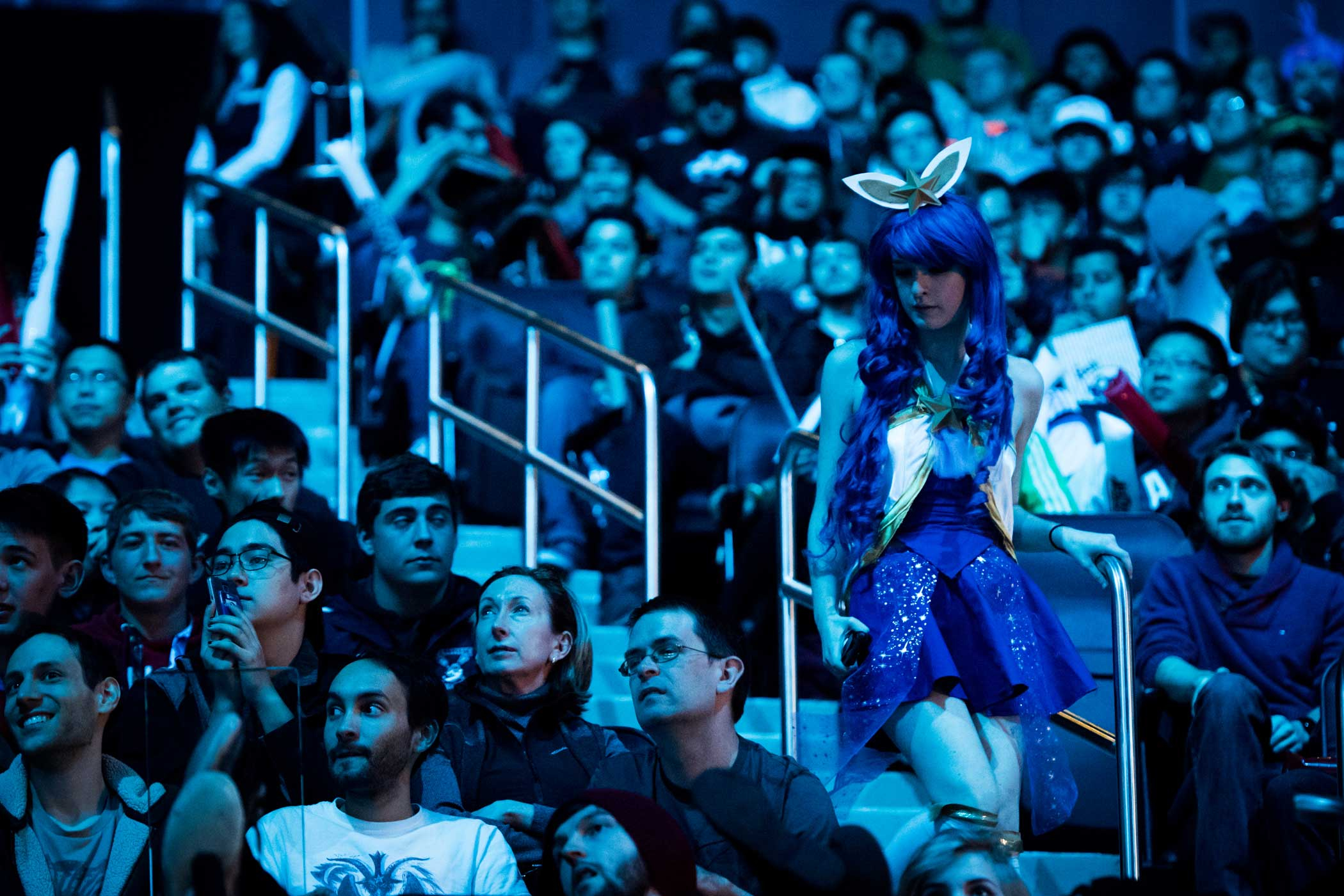
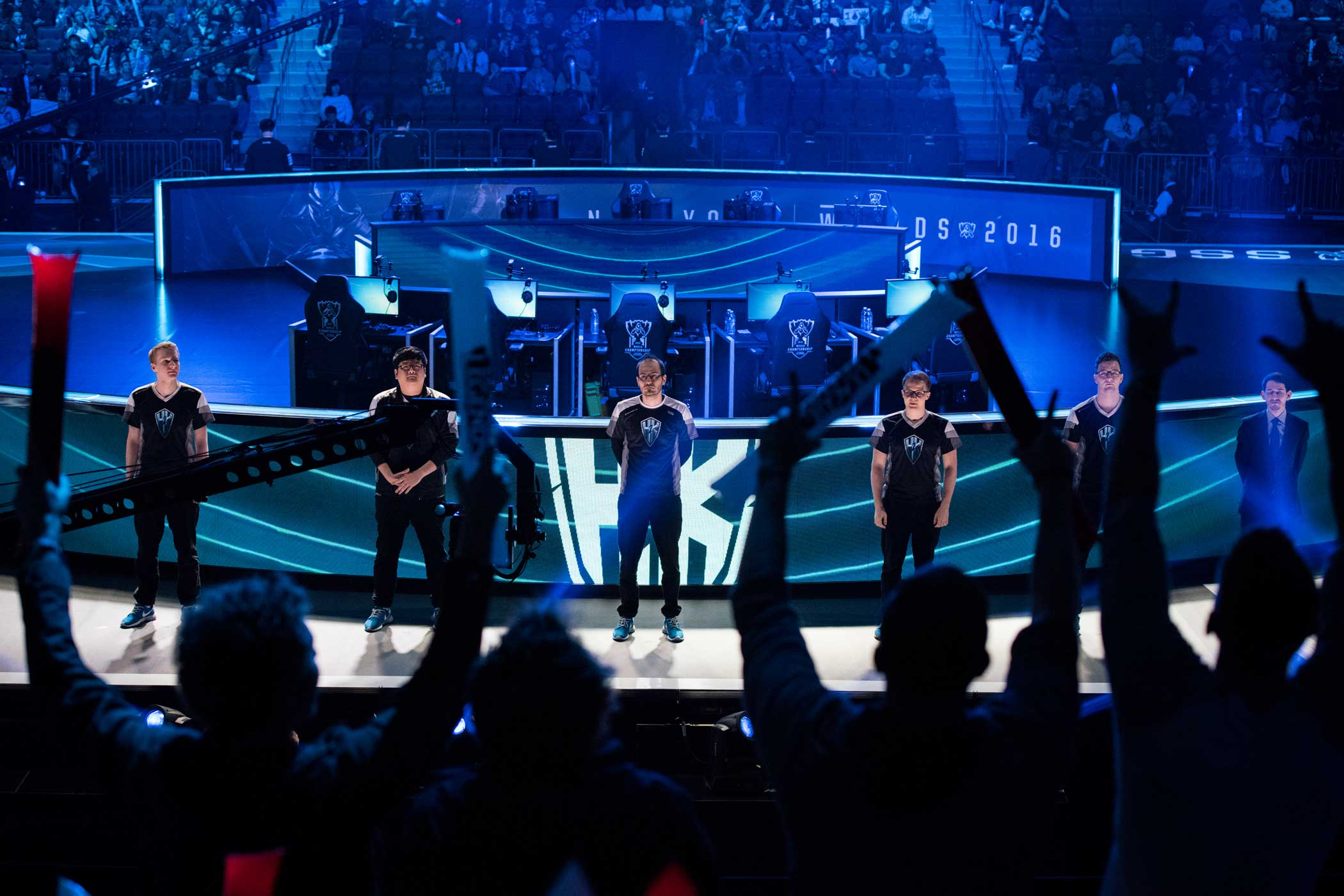
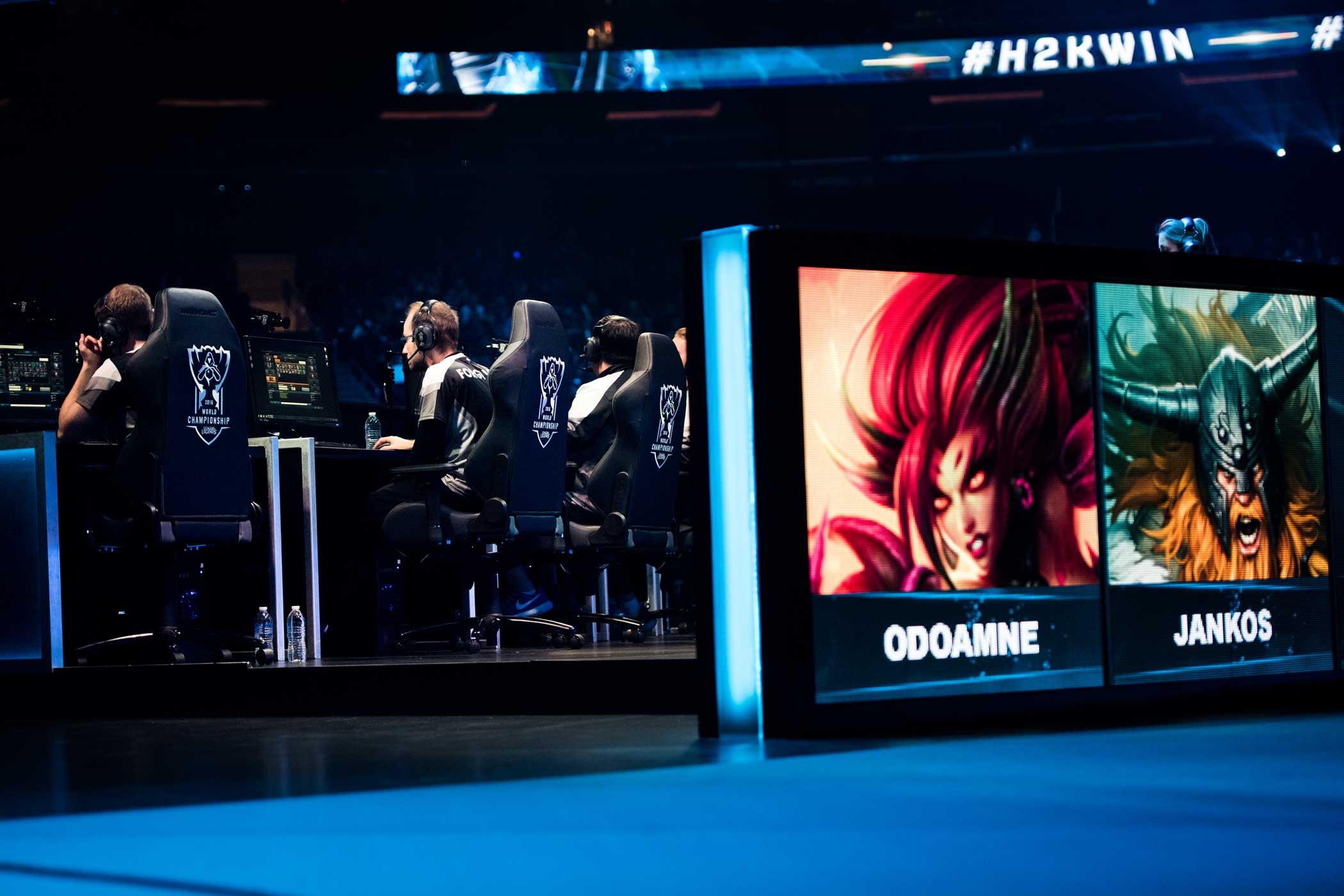
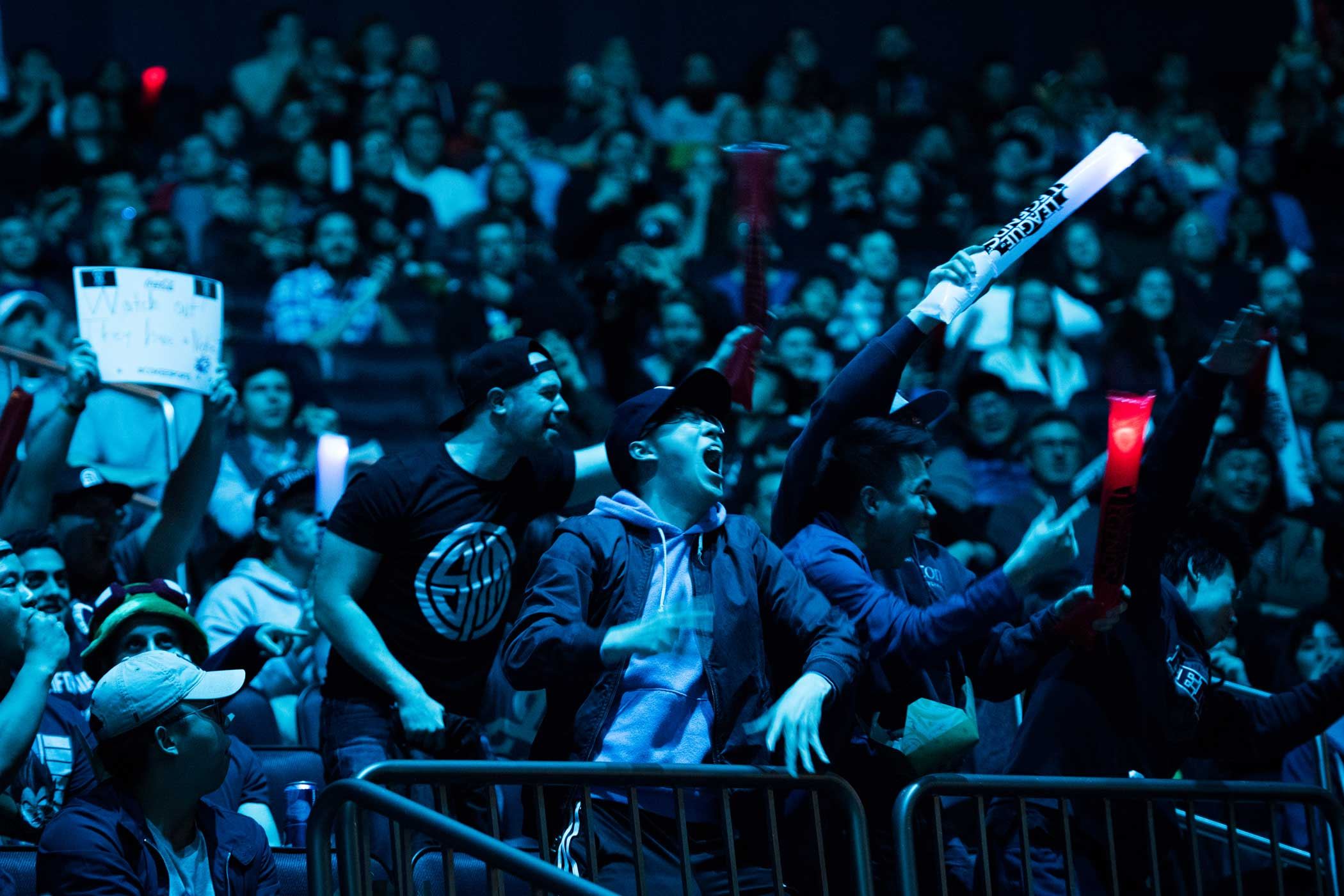
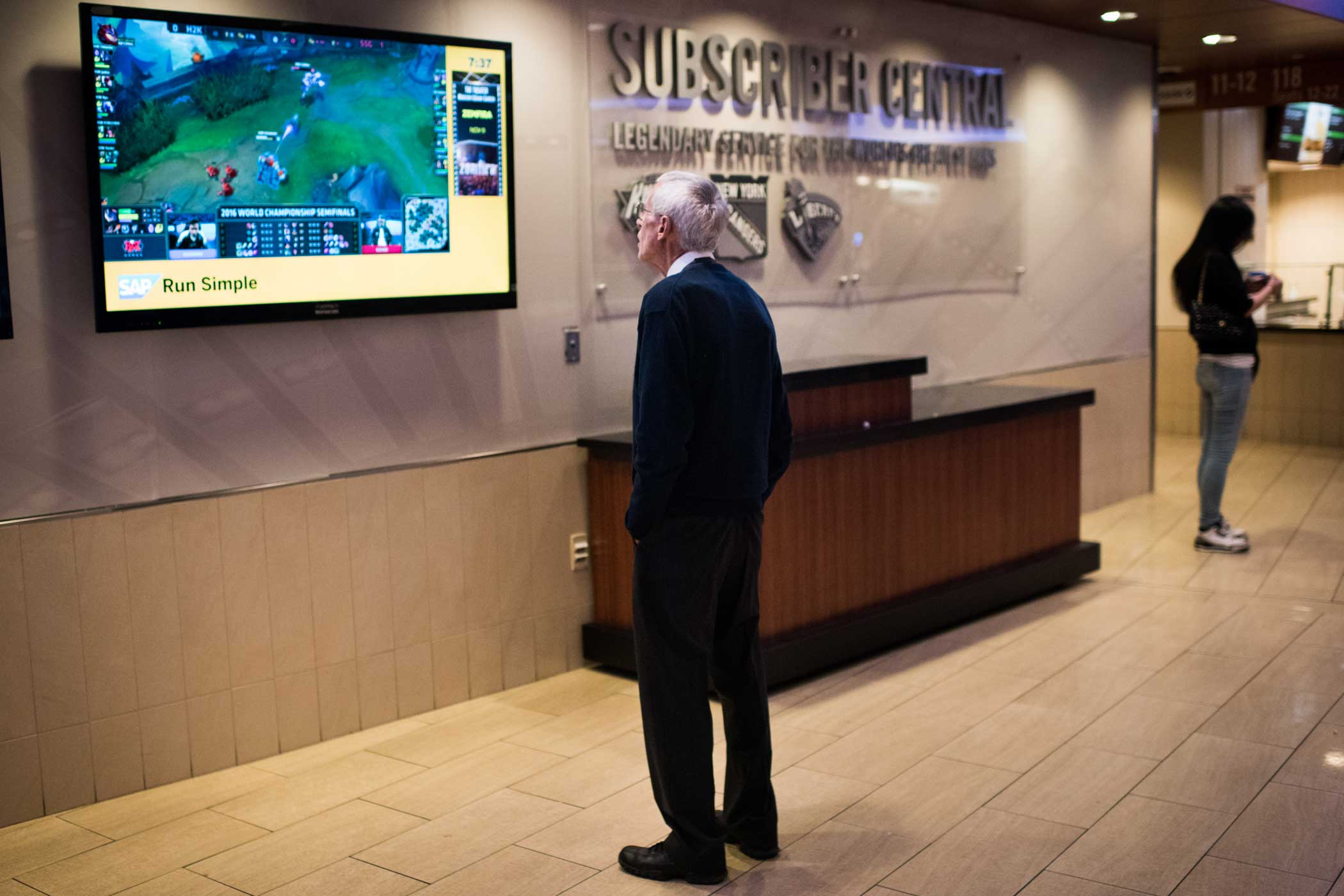
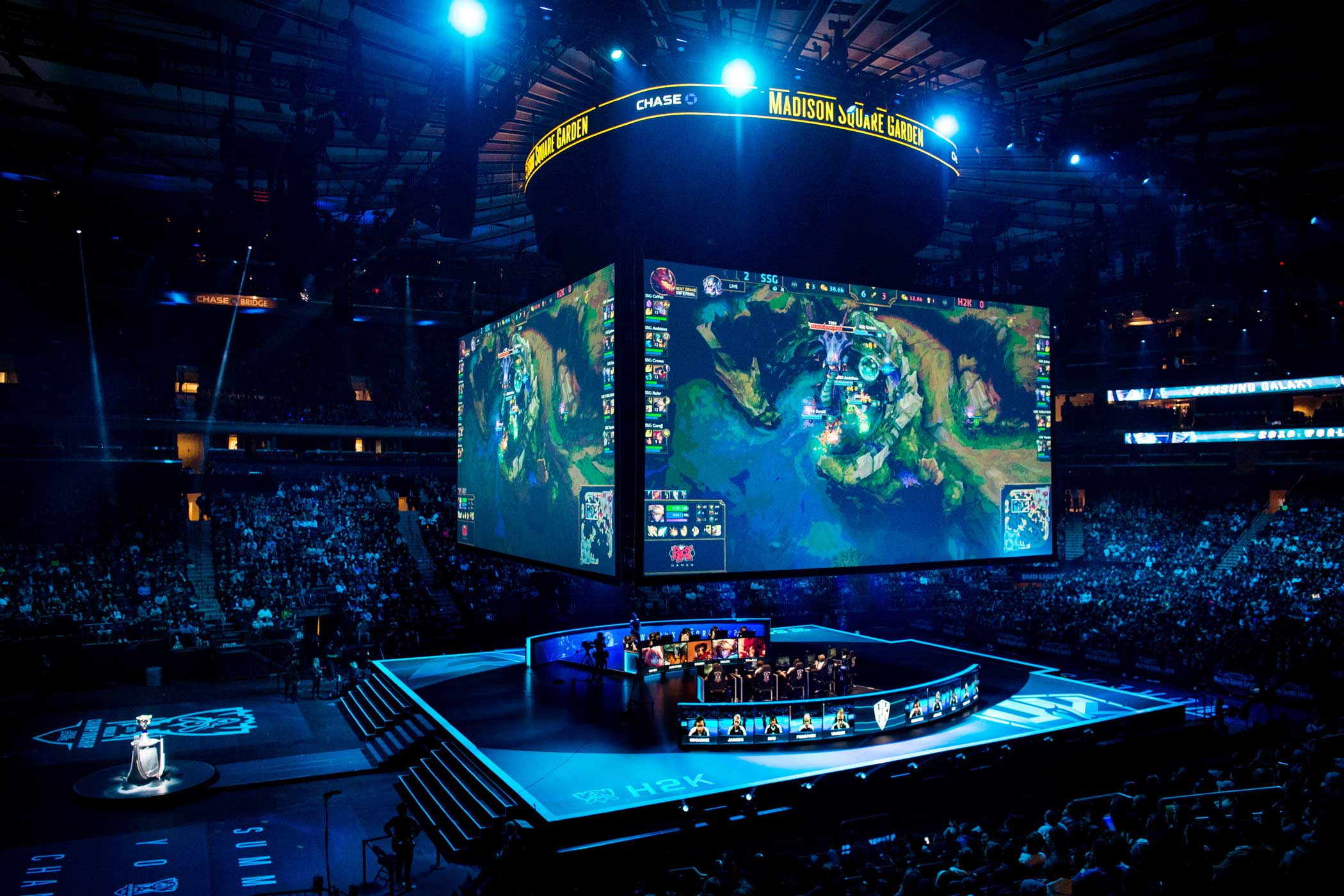
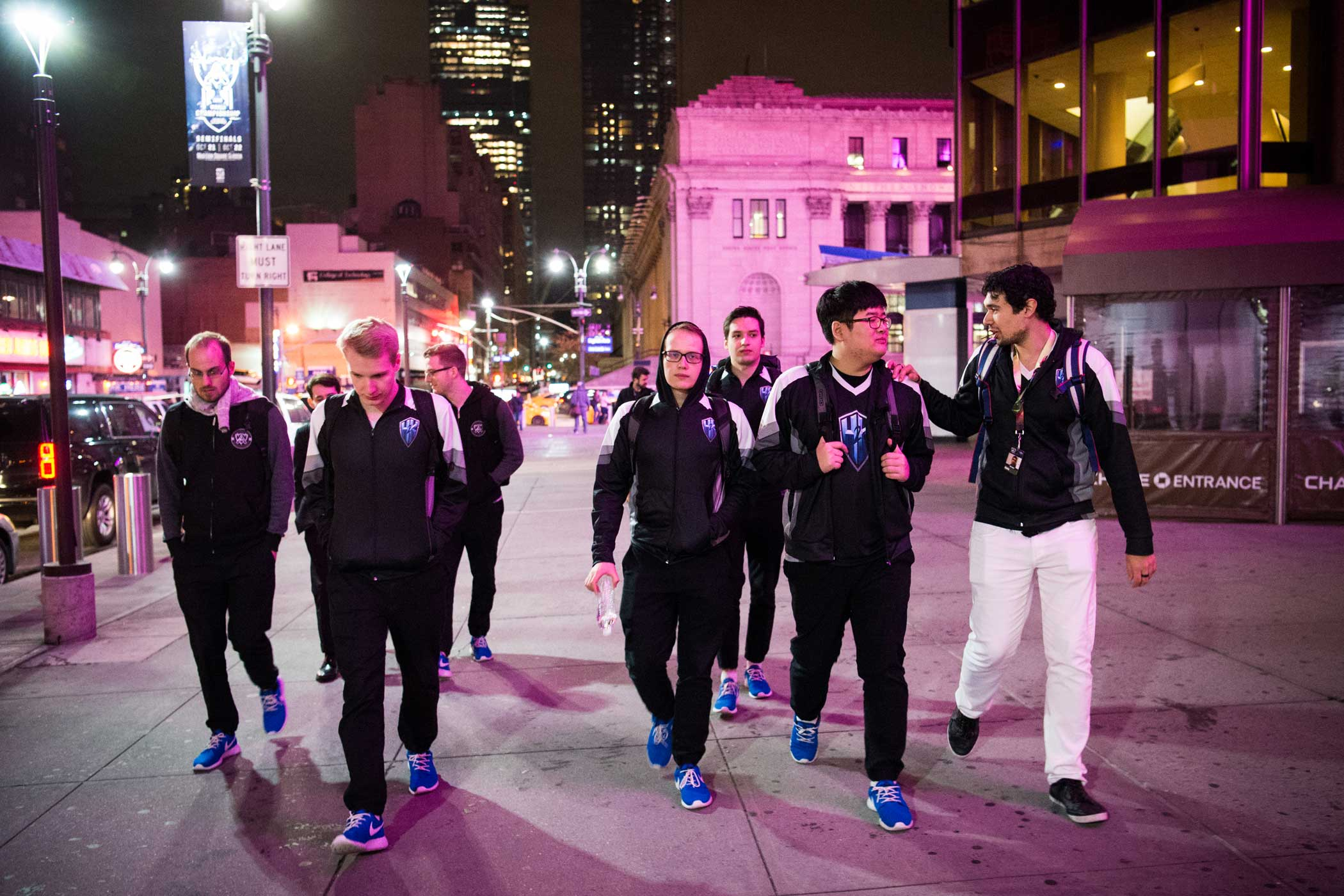
More Must-Reads From TIME
- The 100 Most Influential People of 2024
- Coco Gauff Is Playing for Herself Now
- Scenes From Pro-Palestinian Encampments Across U.S. Universities
- 6 Compliments That Land Every Time
- If You're Dating Right Now , You're Brave: Column
- The AI That Could Heal a Divided Internet
- Fallout Is a Brilliant Model for the Future of Video Game Adaptations
- Want Weekly Recs on What to Watch, Read, and More? Sign Up for Worth Your Time
Contact us at letters@time.com